Classic post
Don’t Call It a Comeback: Afroeurasian Revivals in the Fifteenth Century
Don’t call it a comeback I’ve been here for years I’m rocking my peers Puttin’ suckers in fear Makin’ the tears rain down like a monsoon Listen to the bass go boom Explosions, overpowerin’ Over the competition I’m towerin’ Wrecking shop when I drop these lyrics
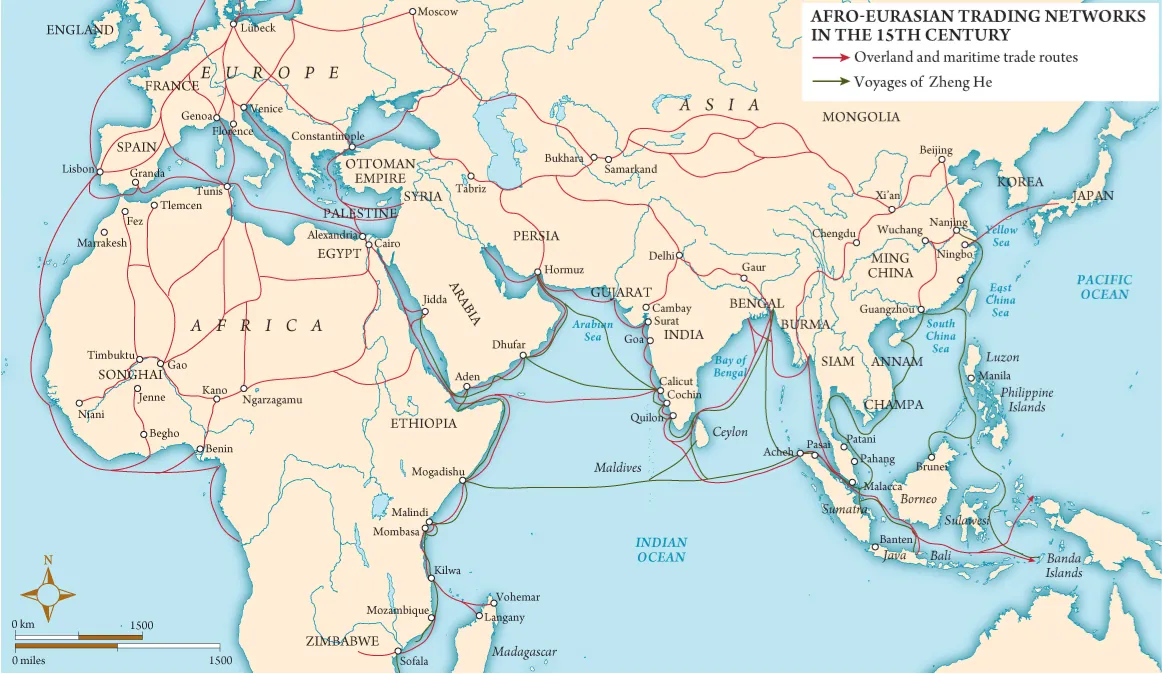
Decolonizing Modern World History
For the last couple of years, I have been struggling to figure out what I want to do with this blog. When I began posting more regularly during my sabbatical in 2015-2016, I imagined it to be a place to reflect on my ideas about world history pedagogy. For the
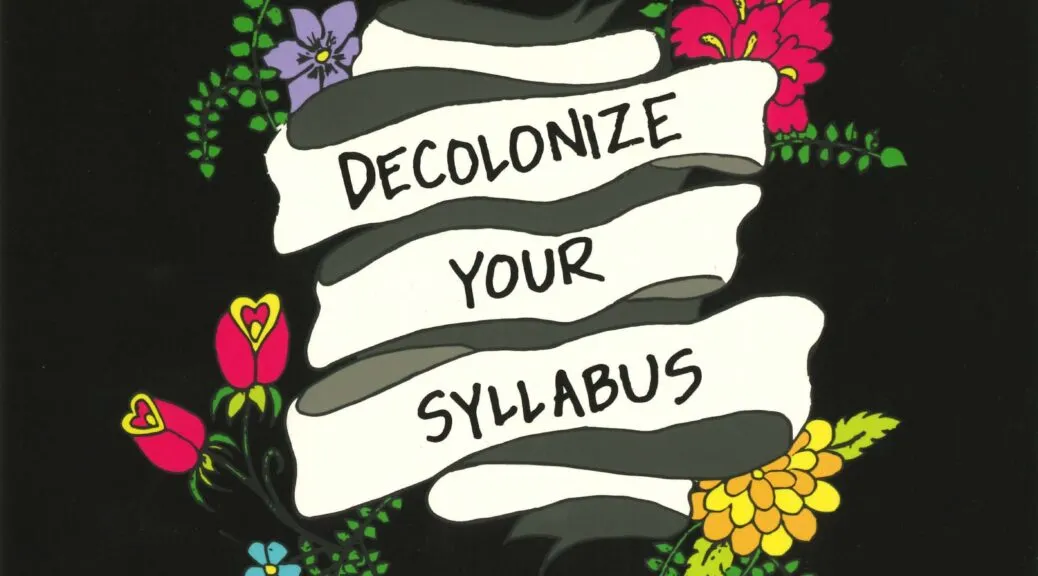
Healing the Sick Man of Europe
If the Ottoman Empire in the sixteenth and seventeenth centuries was going through a period of transformation, rather than beginning a 400-year decline, it would seem that the Empire, which collapsed in 1922, had to be declining in the eighteenth and nineteenth centuries. While it’s true that the Empire
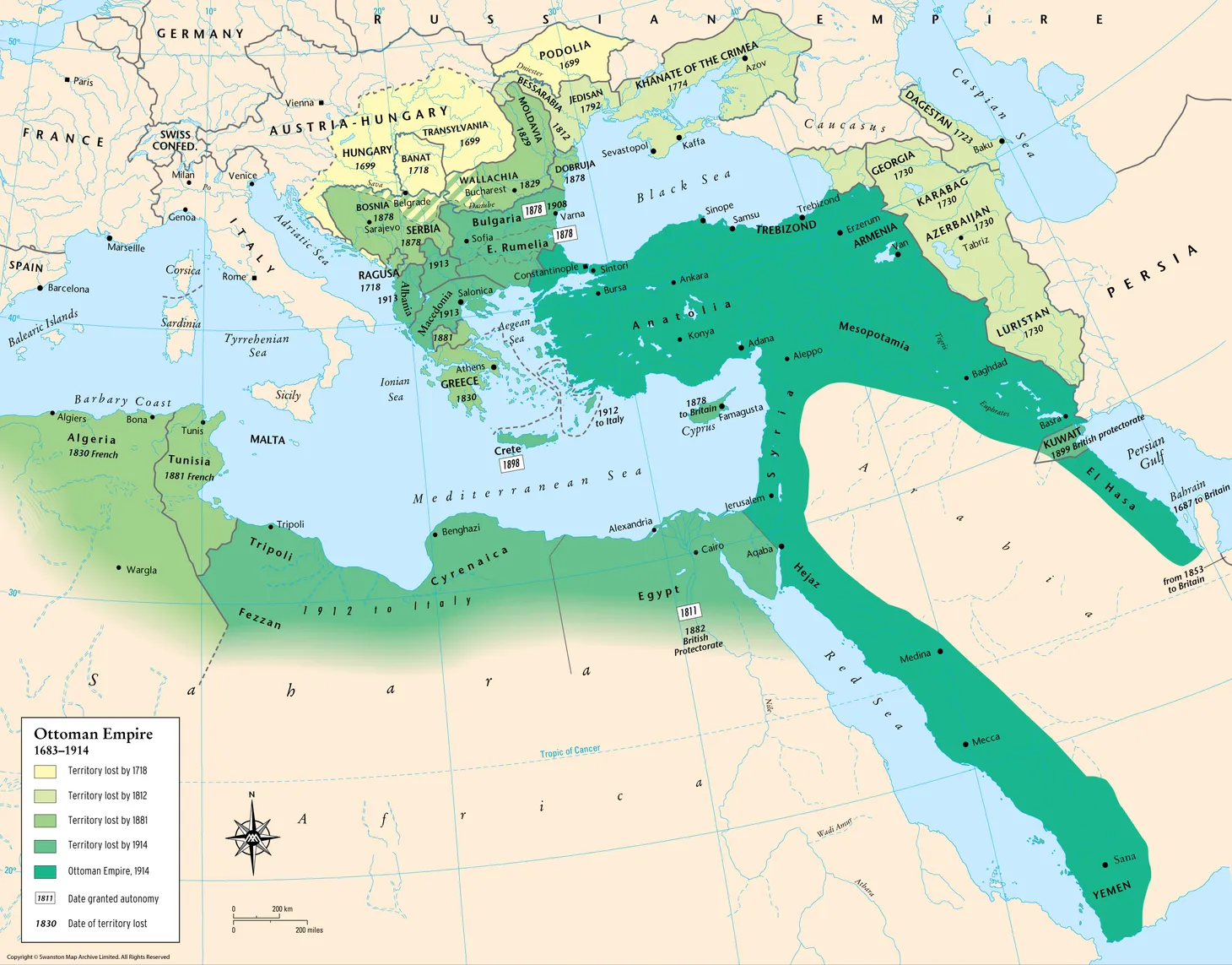
A Global Historical Take on American Debates about Free Trade
In teaching world history, one of the main global economic themes we frequently discuss has been trade connections between different regions of the world. And if we focus on the period from 1750 to present, we see a recurring debate between those individuals, movements, and states that have advocated for
Globalizing the Renaissance
About ten years ago, I developed a lesson on “Placing the Renaissance in a Global Setting.” The lesson can still be found on the AP World History Teacher Community, although you need to have an account to access it. The lesson was partially a response to an earlier discussion on

When the End of Growth is not the Beginning of Decline
If the myth of isolation is one of the main consequences of Eurocentrism for how we think about the history of East Asia, Eurocentric approaches to the history of the Ottoman Empire have encouraged us to begin to see its actual end in 1922 long before it occurred. A quick
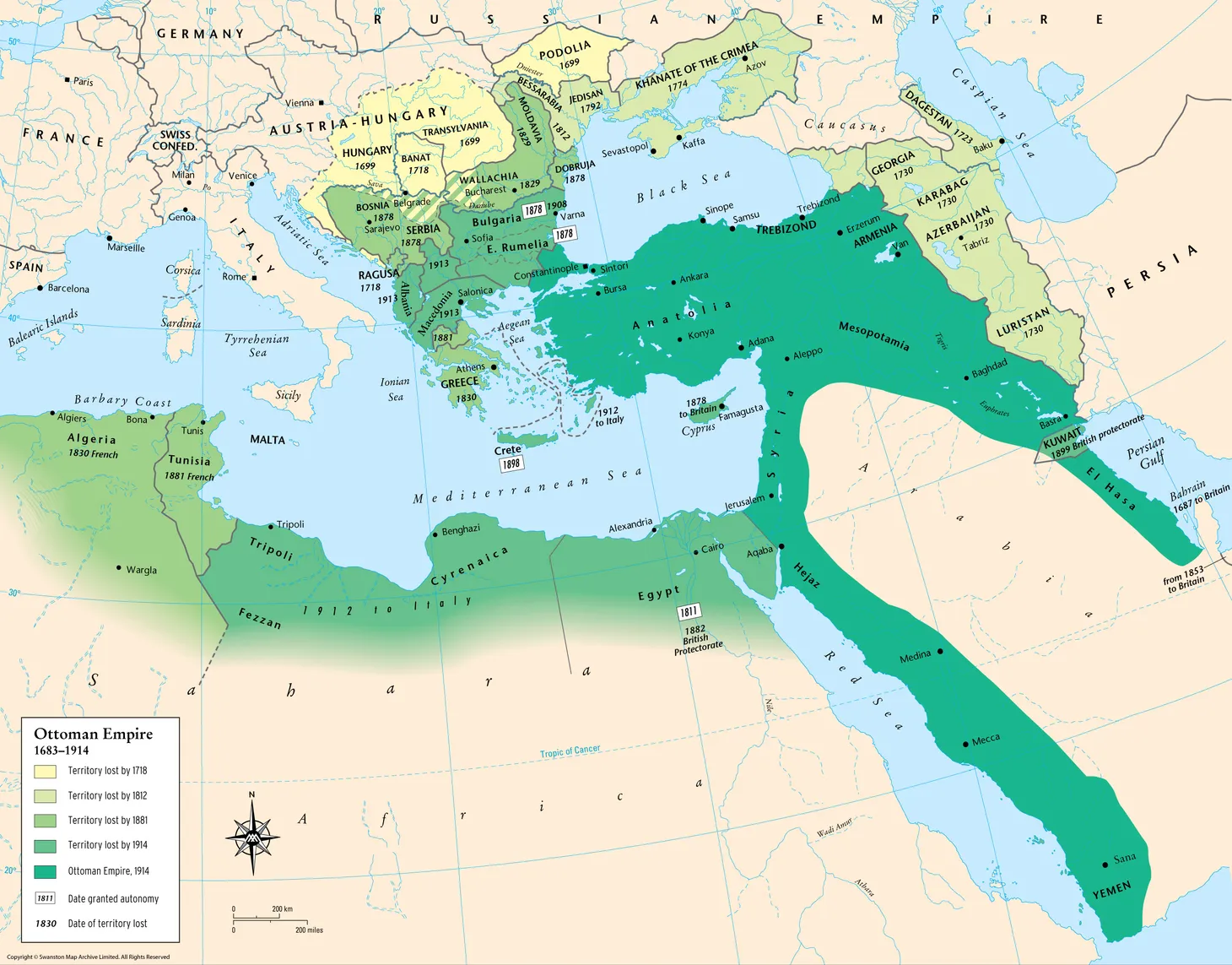
Teaching World History in the Age of Black Lives Matter
I remember listening to Nina Simone’s “Mississippi Goddam” on the night of 24 November 2014 when the grand jury chose not to indict Ferguson police officer Darren Wilson in the killing of Michael Brown. Her frustration and outrage at the murder of Medgar Evers resonated with me. It shocked
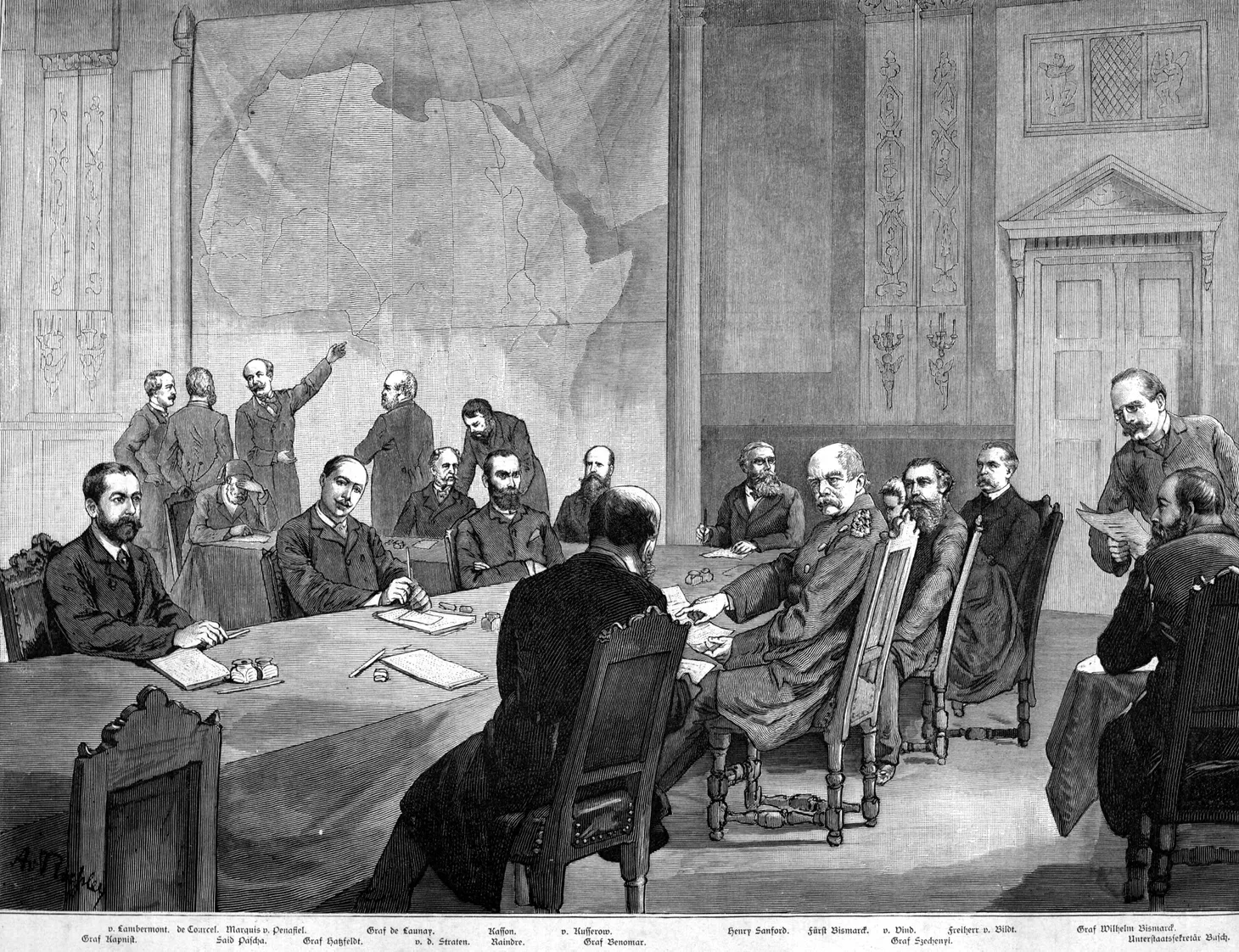
Eurocentrism and the Myth of East Asian Isolation
Explores the eurocentric tendency to describe early modern China and Japan as isolationist. Instead of thinking of these states as isolationist, we should view them as simply having a different model of foreign relations.
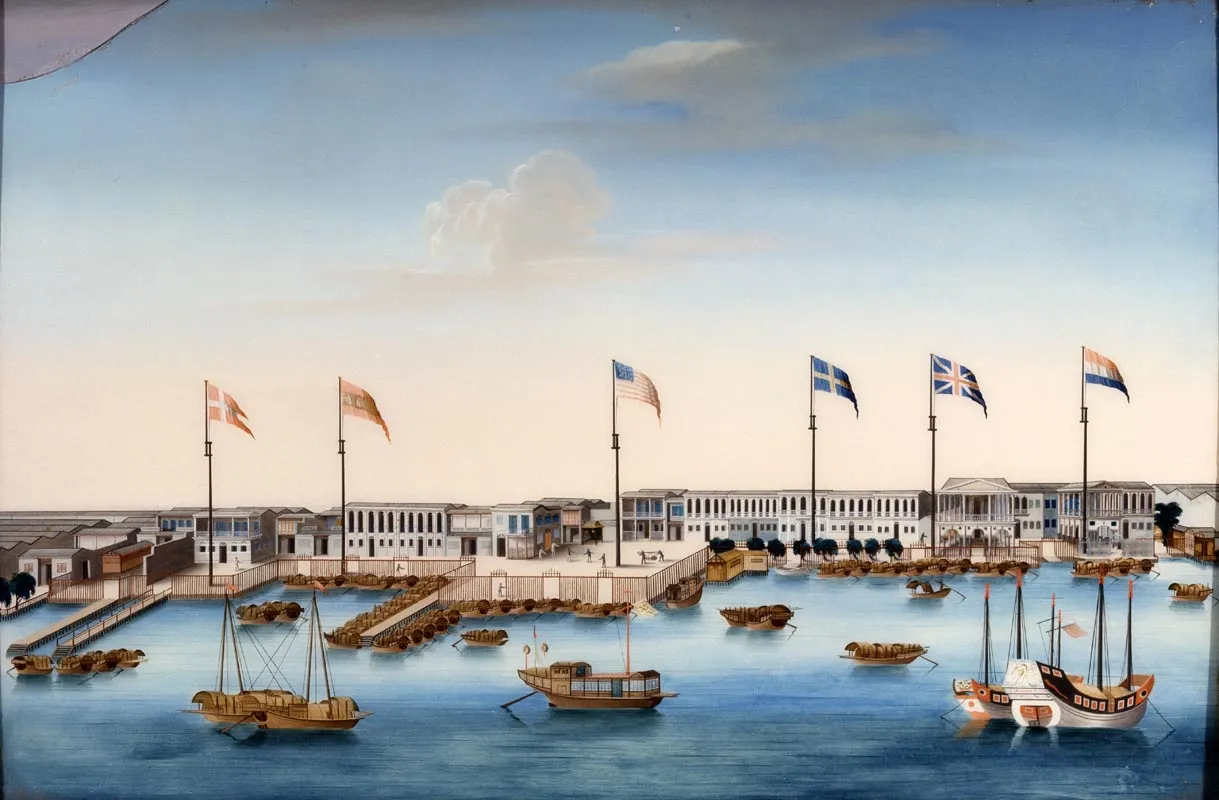
The Sound of History
In the spirit of Paperless History, I want to share a few of my favorite podcasts about history. I frequently find myself listening to a variety of podcasts (some about history, many about other topics). Historical podcasts are great for covering new research in history or going over a more
Explanations, Conjunctures, and Teaching about the Islamic State
“Explanations exist; they have existed for all time; there is always a well-known solution to every human problem — neat, plausible, and wrong.” — H.L. Mencken in “The Divine Afflatus” in New York Evening Mail (16 November 1917) Recently it’s been almost impossible to look at a newspaper, watch a
